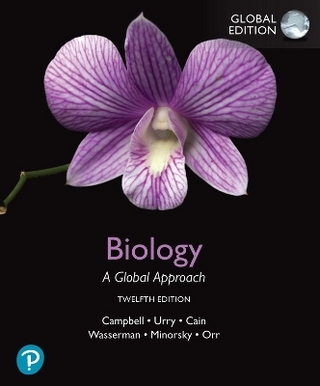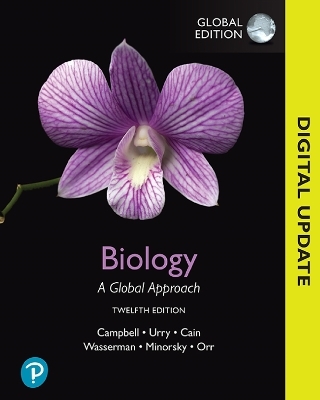
Tissue Engineering – Essentials for Daily Laboratory Work
Wiley-VCH Verlag GmbH (Hersteller)
978-3-527-60478-4 (ISBN)
- Keine Verlagsinformationen verfügbar
- Artikel merken
Comprehensive in its scope and illustrated in detail, this practical book provides a fundamental insight into the complex world of tissue development and artificial cell culture using tissue engineering. The introductory chapters cover basic cell biology and cellular development as well as cell culture, with a main emphasis on ways of differentiating tissue and the critical evaluation of the properties of maturing tissue constructs. The authors also focus on the use of stem cells from the most varied sources in tissue engineering. The whole is rounded off by an exceptionally wide-ranging glossary containing some 1,000 key words from the fields of cell biology, cell culture development and tissue engineering.
Will W. Minuth has been Professor for Anatomy at the University of Regensburg since 1989; Philip Morris Research Prize "Challenge of the Future" in 1992 for his development of an innovative cell culture system; co founded Minucells and Minutissue GmbH in 1993; member of the German Academy for Transplantation Medicine; currently developing new strategies for the manufacture of tissue constructs; and expert advisor to international research projects in the field of tissue engineering. Raimund Strehl began studying biology at the University of Regensburg and Arizona State University, Arizona in 1988; doctorate at the University of Regensburg from 1997 onwards; began postdoc at the Sahlgrenska Sjuikhuset, Gothenburg; and at the Anatomical Institute of the University of Regensburg in 2000. Karl Schumacher started studying human medicine at Bonn University in 1985; doctorate in 1993 at the Pathological Institute in Bonn; from 1993 onwards intern at the Urological Clinic and Children s Urological Clinic of Bonn University and the surgical unit of the teaching hospital in Mechenich; since 1998 scientist at the Anatomic Institute of the University of Regensburg.
Preface. 1 Developmental processes. 2 Cells and Tissue. 2.1 The Cell. 2.2 Tissue Types. 2.3 Relevance of the ECM. 2.4 Emergence of Tissue. 2.5 Regeneration. 3 Classical Culture Methods. 3.1 History. 3.2 First Cultures. 3.3 Tissue Culture. 3.4 Organ Culture. 4 Tissue Engineering. 4.1 Cell Therapies. 4.2 Tissue Constructs. 4.3 Organ Modules. 4.4 Cosmetic Measures. 5 Concepts of Tissue Creation. 5.1 Sources. 5.2 Stem Cells. 5.3 Cells from Tissues. 5.4 Matrices. 5.5 Culture Methods for Tissue Engineering. 5.6 Perfusion Culture. 6 Maturation of Tissue Constructs. 6.1 Primary and Secondary Contacts. 6.2 Building Structures. 6.3 Terminal Differentiation. 6.4 Impact of the Culture Environment on the Development of Tissue. 6.5 Step by Step. 6.6 Tissue Functions after Implantation. 6.7 The Three Steps of Tissue Development. 7 Development of the Perfusion System Tissue Factory. 7.1 Requirements of the Culture System. 7.2 Artificial Interstitium. 7.3 Smart Matrices. 7.4 Optimal Housing for the Perfusion System. 7.5 Supply of the Maturing Tissue with Medium. 7.6 Synopsis. 8 Ensuring Tissue Quality. 8.1 Norms and Cell Biology. 8.2 Evaluating Complexity. 8.3 Expression Behavior. 8.4 Suitability of a Scaffold. 8.5 Hidden Heterogeneity. 8.6 Investigating Cellular Ultrastructures. 8.7 Functional Transfer. 8.8 Quality Assurance. 8.9 Implant Host Interaction. 9 Perspectives. 10 Ethical Aspects. Glossary. Companies. Literature. Subject Index.
| Erscheint lt. Verlag | 17.8.2005 |
|---|---|
| Verlagsort | Weinheim |
| Sprache | englisch |
| Gewicht | 10 g |
| Themenwelt | Naturwissenschaften ► Biologie |
| ISBN-10 | 3-527-60478-2 / 3527604782 |
| ISBN-13 | 978-3-527-60478-4 / 9783527604784 |
| Zustand | Neuware |
| Haben Sie eine Frage zum Produkt? |
aus dem Bereich

